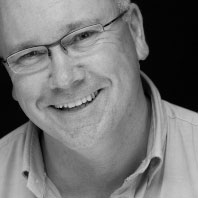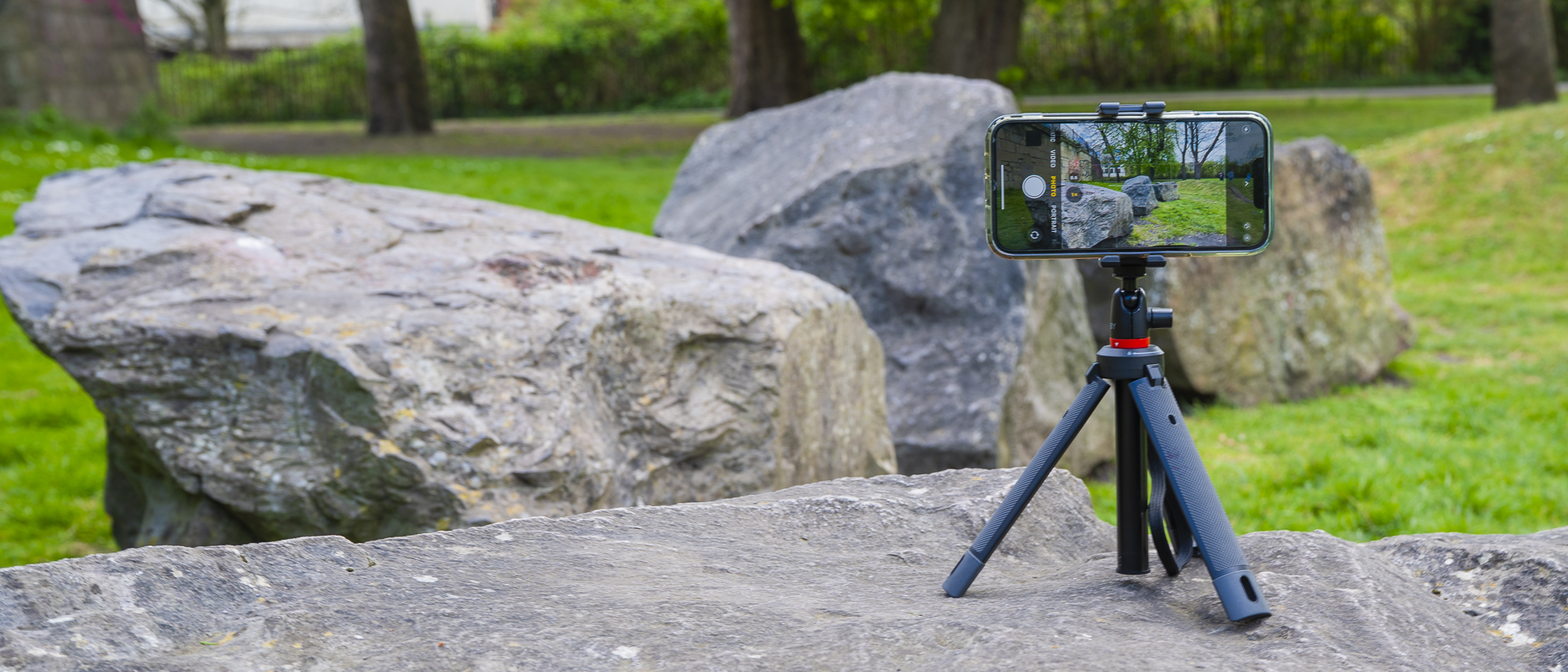"Photographers need to know there is more to Venice than gondolas at sunrise"
Venice should be on any photographer's wishlist, but my Leica M11 (and a bit of thought) enabled me to explore deeper than some
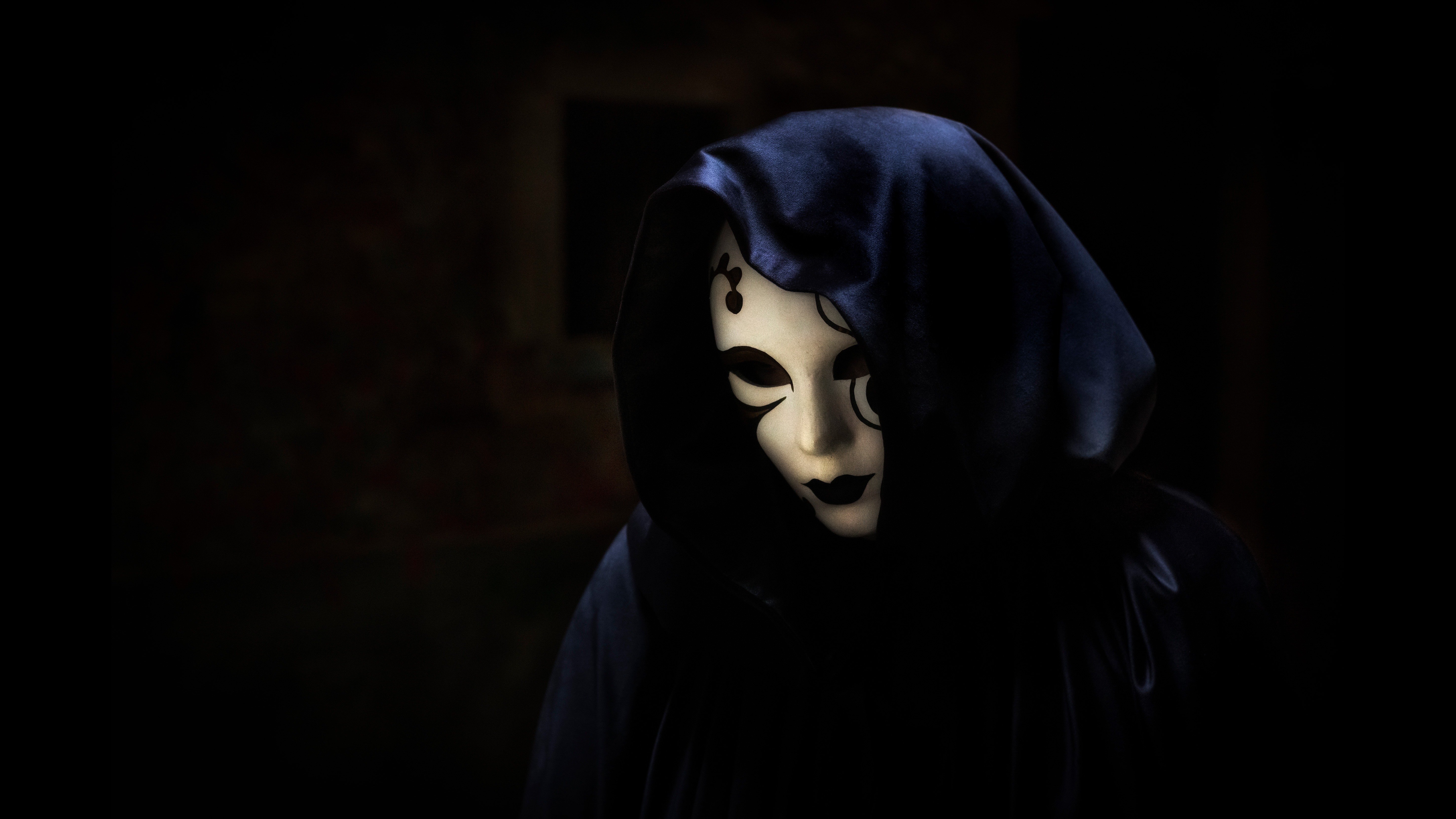
It is without doubt that Venice is one of the most beautiful and photogenic cities in Europe, if not the world. It is beyond unique and should be on any photographer's must-visit list, even if you don’t particularly shoot cities or do travel photography.
I have visited this fabled city on many occasions, and I never tire of the place. There is always an unexplored street, hidden square or canal to stumble across – and, of course, there is the world-famous carnival, providing you don’t mind the crowds. Winter for me is the time to visit, as you don’t need foliage on the trees, and if it rains or is foggy… well that’s mood and atmosphere, isn’t it?
But here is the problem: you are always drawn to St Mark’s Square (Piazza San Marco) and the waterfront, and why not – it is stunning and iconic, and in winter the sun rises in the southeast over the lagoon. Again, herein lies the problem.
It’s those gondolas – or to be more precise, bobbing gondolas – shot with a slow blurry shutter speed with the rising sun behind. The last time I was in Venice, walking through St Mark’s Square at sunrise, I counted at least 32 photographers with tripods all shooting pretty much the same image.
To be totally honest I found it to be slightly depressing and comical all at the same time, and I swore I would go and shoot something a little different. I was definitely not going to do a bobbing gondola.
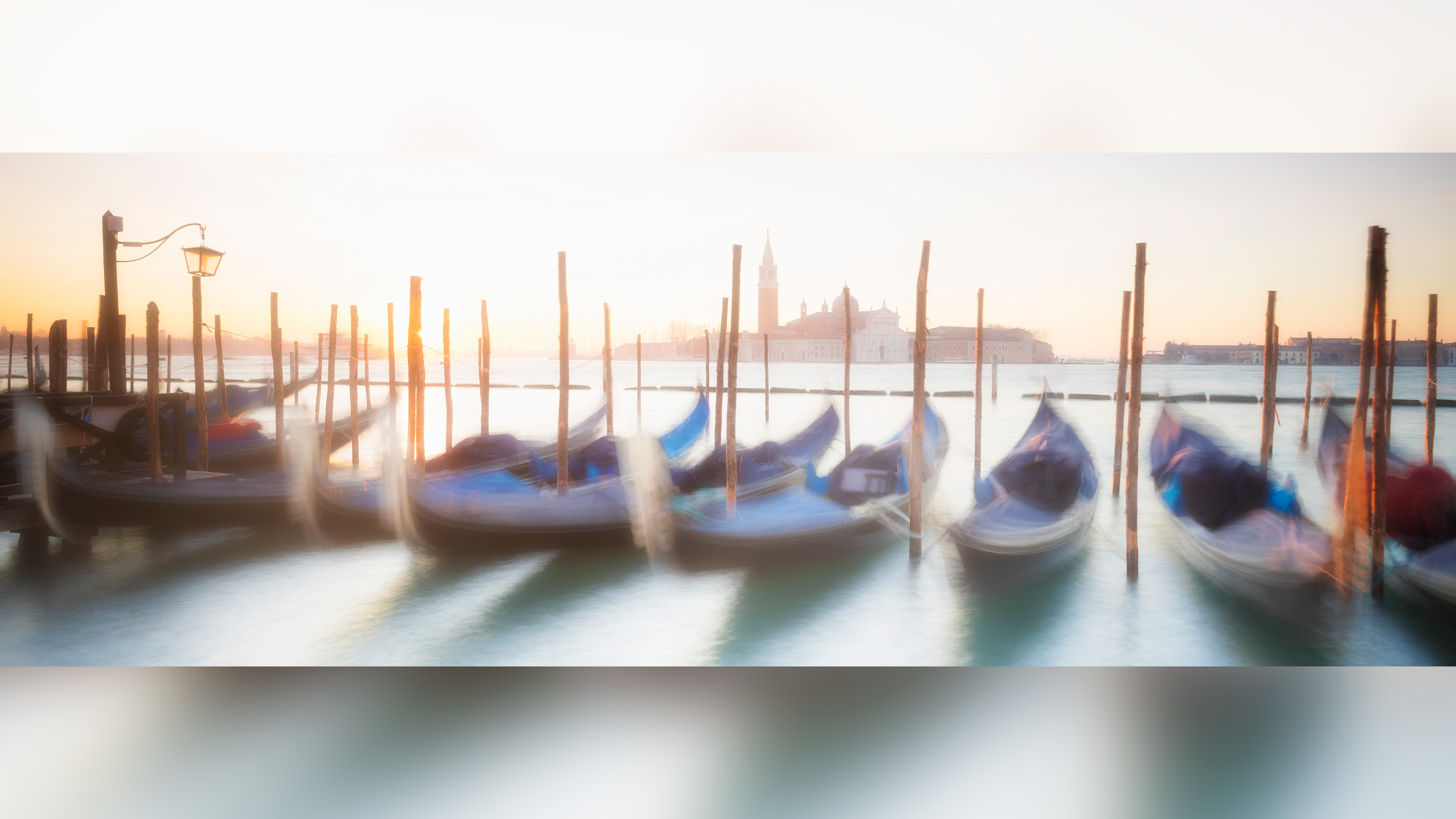
Using the Leica M11 lends itself to shooting images handheld, it was what it was designed for, but what to shoot?
An opportunity presented itself to shoot a figure in a traditional Venetian cape and mask, and I must admit I jumped at the opportunity. I am not a portrait photographer, and I wouldn’t really class myself as a travel photographer, but I am happy to give things a go.
Get the Digital Camera World Newsletter
The best camera deals, reviews, product advice, and unmissable photography news, direct to your inbox!
I knew a location that I thought would work well: a quiet back canal. One without much footfall. It had a bridge and buildings with a decaying façade – surely this had to be a moody black-and-white image?
I was reasonably pleased with the final image, and I like the fact that your eye is drawn to the bridge, the figure is almost a secondary element even though it is staring directly at the camera. It was, however, not the image I had in my mind’s eye, and I knew I needed to try again, at a different location.
My second attempt was a much simpler and tighter shot. The light at the location was gorgeous and everything fell into place. The model was perfect, the folds in the hood worked well, and the light – that soft light – perfect.
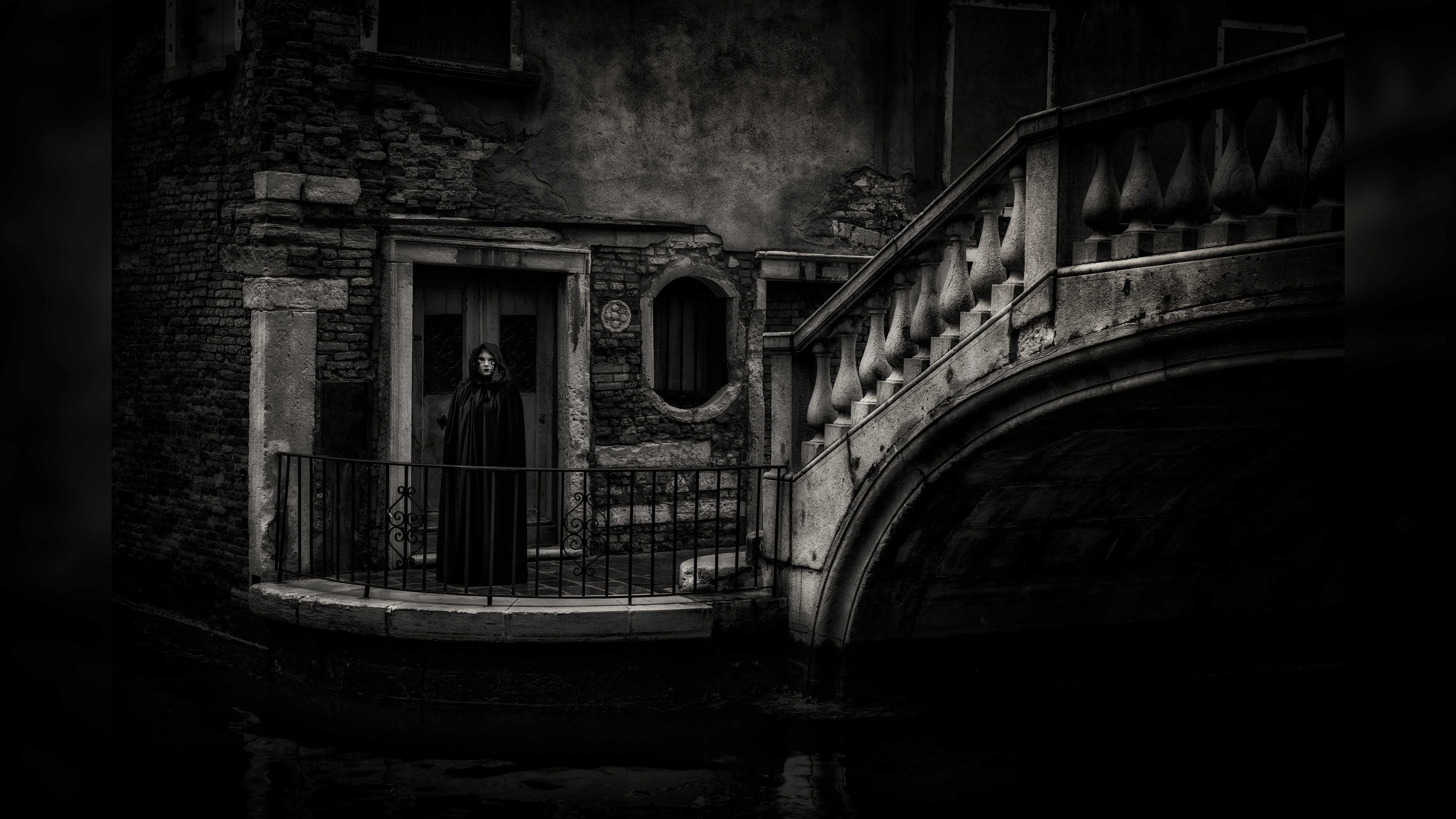
Both shots were handheld, but there is no reason why I couldn’t have used a tripod. Except of course if I had carried a tripod, I could have become distracted by things that move and bob up and down. Going out on location without a tripod does make you think about what you can and can’t shoot, although with the image stabilization available in modern cameras the possibilities are becoming endless.
The Leica M11, being the simple sole that it is, doesn’t have any form of vibration control, and for my second shot I had to crank the ISO up a little – 6400, to be precise. The light may have been gorgeous, but there wasn’t much of it. I must admit I had not really used the Leica at that sort of extreme setting, and I was very impressed with the result. Some noise, yes, but the sort of noise that helps with the mood and feel of an image.
Having a camera that you can really trust when using a high ISO is wonderful, and opens a great deal of possibilities, but having the conviction and belief to move away from what you consider the norm and work in a different way may take a little more time.
The rest of my trip to Venice was all handheld, the tripod stayed at the hotel. Did I miss out on any shots? I don’t think so. Possibly I found some new locations and shot images that I may not have tried before.
There is more to Venice than a bobbing gondola at sunrise.
Are the best Leica cameras the best rangefinder camera or the best camera for street photography? Check our buying guides.
Jeremy Walker is an award-winning professional photographer with many years of experience specialising in high-quality landscape and location photography from around the world for use by advertising, design, and corporate clients. A belief in 'quality is everything', a meticulous approach and a far-reaching vision and style serve Jeremy and his clients well.
